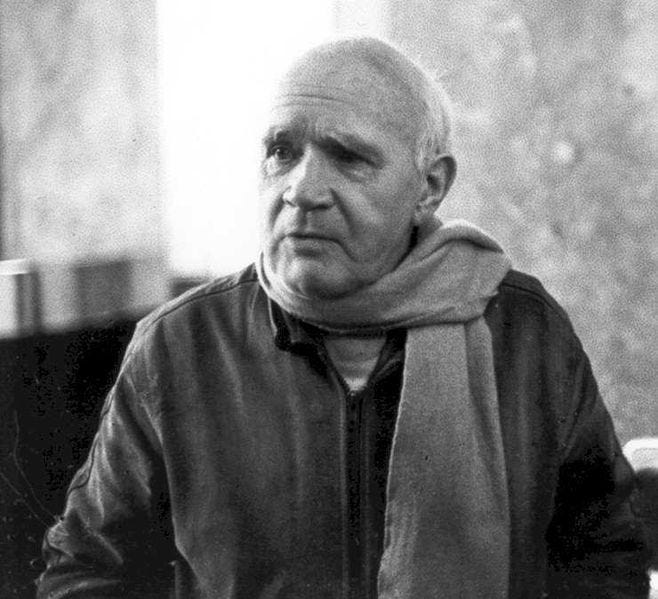Member-only story
Memory and Storytelling

Though my early memories are patchy, I think they are not, or not entirely, a confabulation, and I belief this because of their overwhelming sensory power — Hilary Mantel, Giving Up the Ghost: A Memoir (2003)
I can get a little technical when I write about memory — just blame my background in cognitive psychology and learning science. When writing fiction (or memoir), I’m acutely aware of the process of storytelling through memory construction and reconstruction.
Sometimes this helps me to find the story within the buzzing confusion; sometimes it can be a hinderance.
What’s clear is that memory is an essential aspect of writing fiction. It’s through memory that writers can create vivid characters and settings, to explore complex themes and ideas; to evoke powerful emotions.
We can also argue that our memories are a type of fiction. The stories of our lives are rarely as accurate as we might believe. We’ll often embellish a tale from our past, or fill gaps in our memory where cognitive processes fail. We may even believe that an event happened to us personally when, in reality, it was a story told to us by someone else. Interestingly, writers often use these realities as plots, particularly in mystery and thriller writing.
Our memories provide inspiration
When discussing memory and fiction, we refer to a specific type of memory known as episodic, or autobiographical memory. In my notebook, I have snippets of daily life; a couple in a cafe, an old man in the park, crows pecking at carrion. We can craft these actual events into a story, creating a hybrid of things that occurred in the real world and the mechanisms of our imagination.
Writers create characters from people they may know, but the character is rarely the exact copy. Like all autobiographical memories, we add a little here and take away there.
Life, then, provides inspiration via imagination. But it needn’t be our own personal lived experience. It could be the experiences of someone close to us, or people we’ve never known. To be a good writer, you need to be an avid reader, and it’s from our reading and the varied episodes of life that inspiration flourishes.









